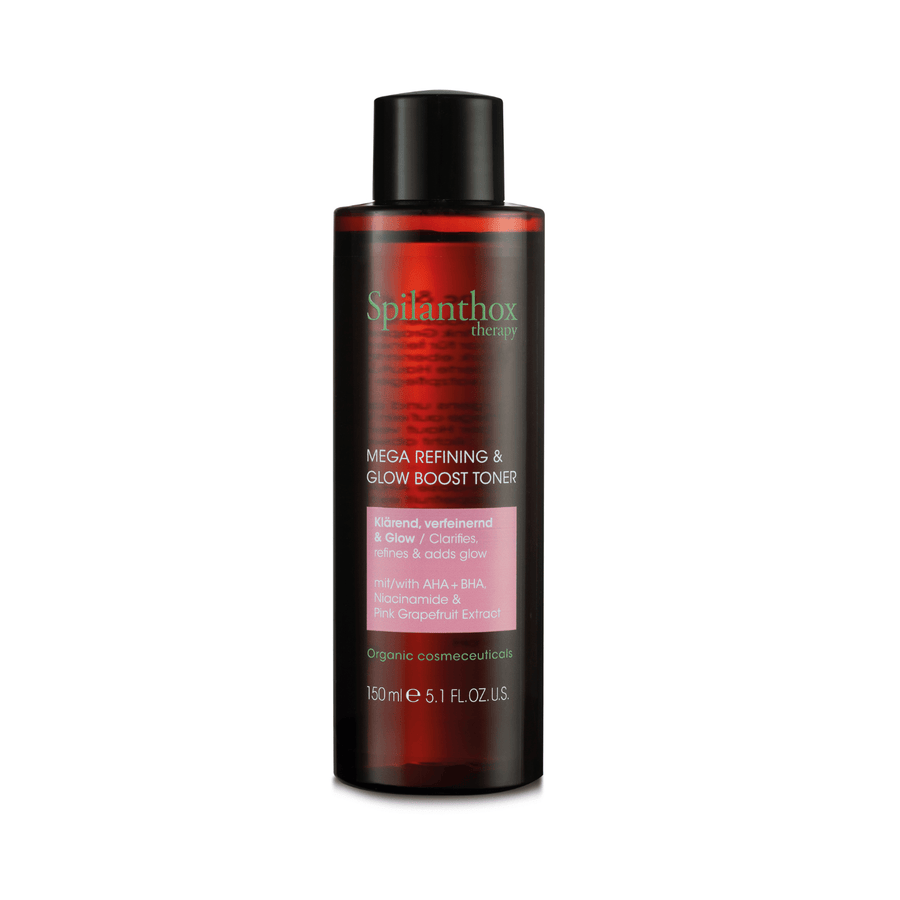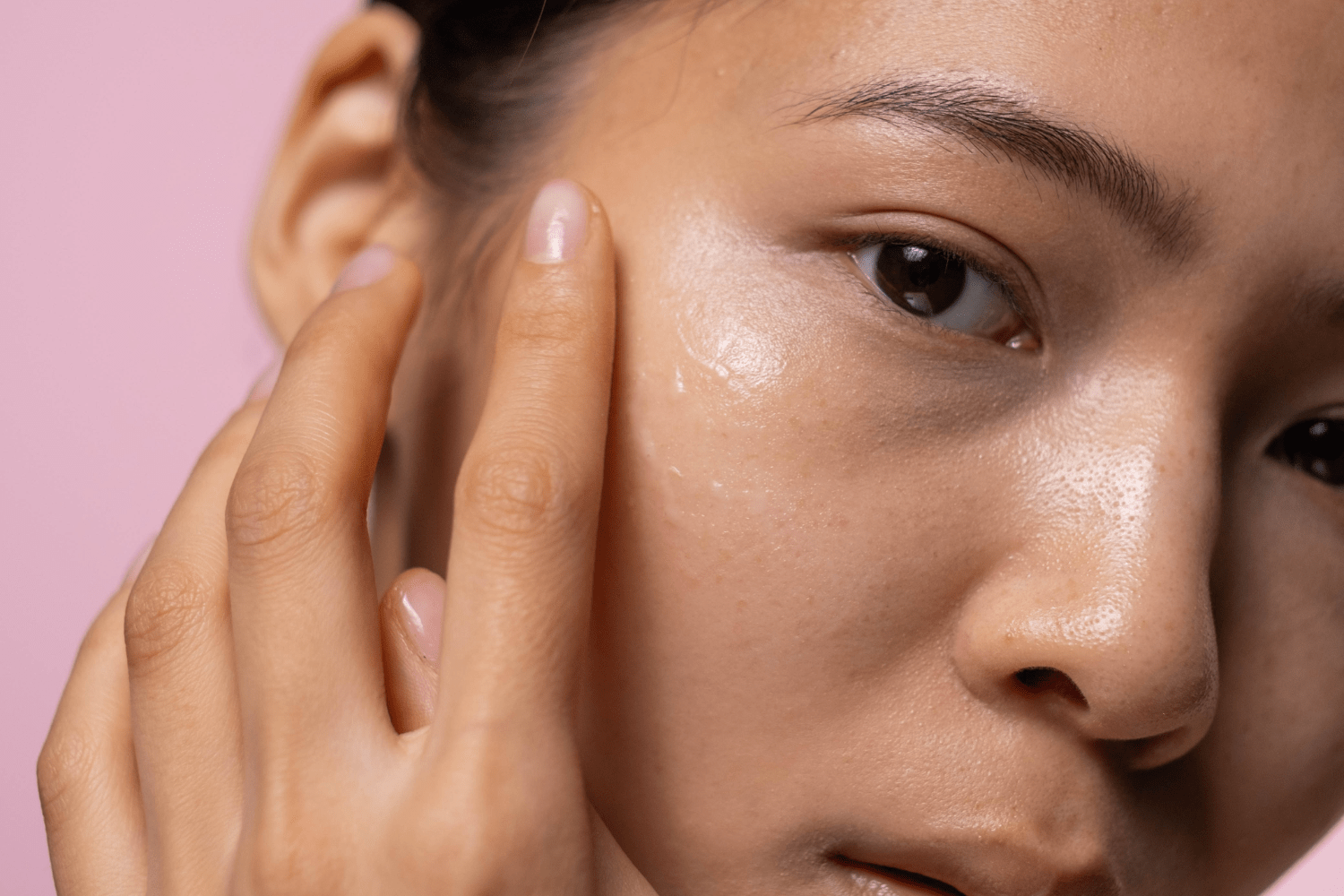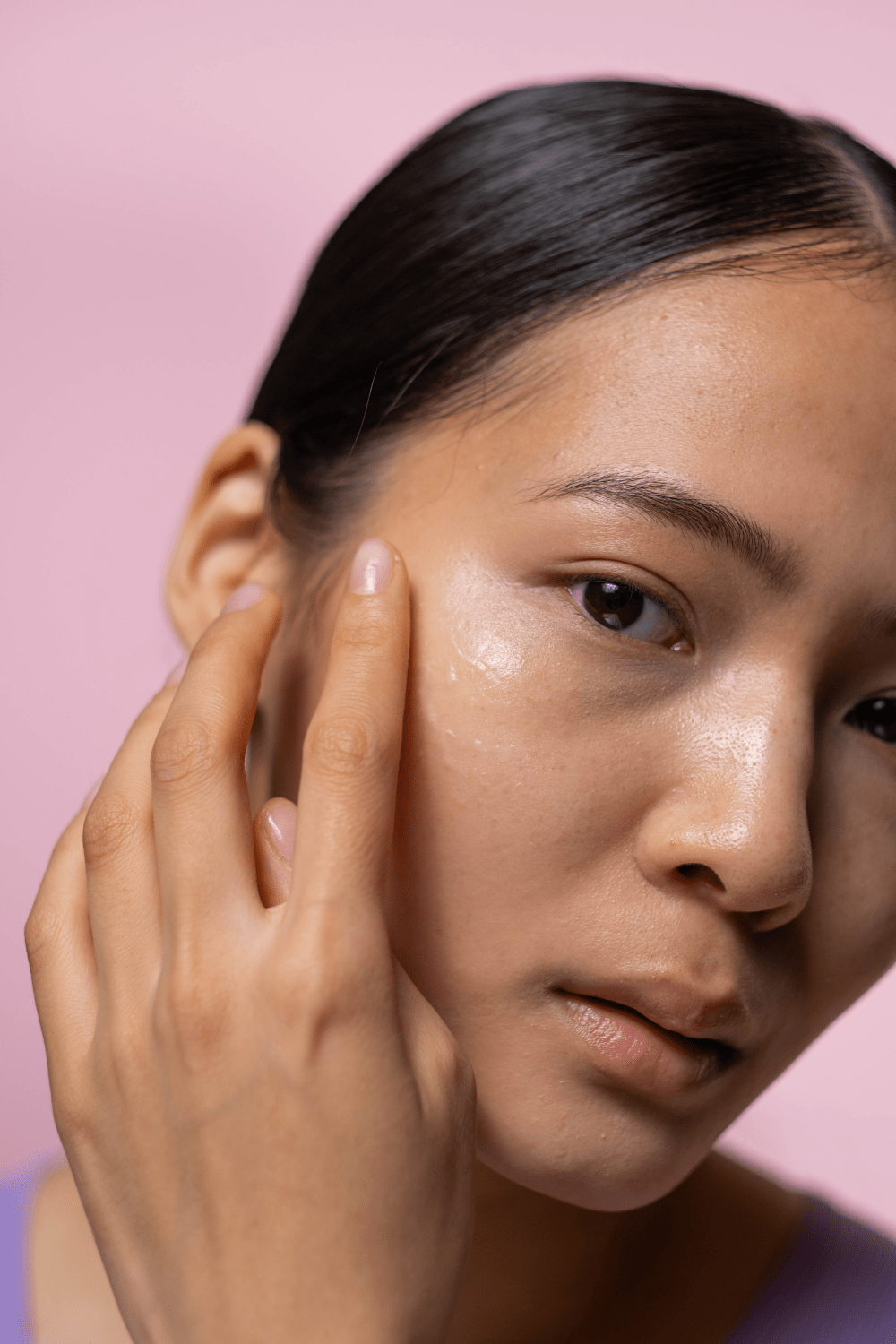Skip to content
Your skin type is: Impure skin
Impure skin is prone to blackheads, so-called comedones, which sometimes form inflamed, small reddish pustules. Impure skin most often occurs in adolescents after puberty, but can also recur throughout life. Lifestyle, diet, hormones and genes play a big role. Most of the time, the combination of excessive sebum production and keratinization is the basis for small inflammations in the sebaceous glands and hair follicles. Too much sebum is a breeding ground for some bacteria that are on our skin. The Propionibacterium acnes, which gives its name to acne, feels particularly at home here and metabolizes fatty acids on an assembly line. With impure skin, the goal is to bring sebum production back into balance. Cleaning that is too harsh and aggressive can also have an impact on sebum production. If too much sebum is removed from the skin, it reacts by producing even more sebum - and a vicious circle arises. Your skin primarily needs moisture, which you should give it and an intact skin barrier.



